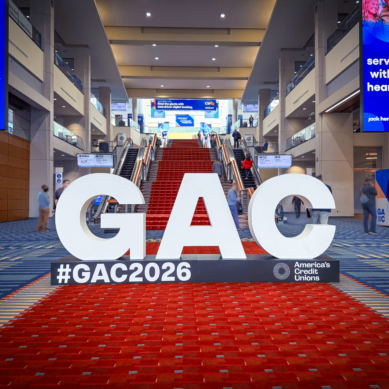In a study released June 2023 by the Center for Responsible Lenders, analysts found that borrowers are charged nearly $3 billion annually for single-payment, payday installment, and car-title loans.
Per the study’s authors, roughly $2.2 billion comes from single-payment and payday installment borrowers and another $700 million from car-title borrowers.
“By charging exorbitant fees without assessing the borrower’s ability to meet the terms and repay the loan, payday and car-title loans leave consumers susceptible to a cascade of adverse financial consequences, such as difficulty covering living expenses, increased overdraft fees, delinquency on other bills, involuntary loss of bank accounts, wage garnishment, and even bankruptcy,” wrote the authors.
Car-title loans come with additional risks
Though fewer and less well known than payday loans, car-title loans carry additional risks to borrowers. In essence, car-title loans are short-term, high interest loans where the borrower’s car title is put up as collateral, with the lender taking physical possession of the title in exchange for the cash.
Currently, seventeen states allow car-title loans. Not among these is Michigan, which has even gone so far as to issue a warning to consumers about these predatory loans and their illegal nature in the state: “Unlike a traditional auto loan where the vehicle is used as collateral and the lender’s interest is noted on the title and recorded with the Secretary of State as a lien, with an auto title loan, a borrower completes a short form, gives the vehicle’s title to the lender, and quickly gets cash — sometimes in as little as 15 minutes. This is illegal in Michigan.”
The appeal for these loans is obvious: extremely quick cash for individuals often with bad credit, unable to secure loans by other means. But as is often the case, these loans often result in default due to the high interest and short-term nature, resulting in repossession of the vehicle. In fact, according to the study, “one in five car-title loan sequences ending in vehicle repossession.”
In California, a state with few protections, “33% of car-title loans result in repossession of a vehicle” by creating a downward spiral of debt for the borrower that eventually becomes too great to ever repay.
CRL urges policymakers to pass legislation preventing the debt trap
Despite these payday installment, single-payment, and car-title loans averaging more than 300% APR, only 19 states and the District of Columbia have begun enforcing rate caps on these loans, bringing the maximum in those states to 36% APR or lower. Minnesota will become the 20th such state in 2024, which will save consumers a reported $4 million per year.
Waiting for each state to enact its own rules, however, isn’t good enough for the CRL. They suggest Congress expand the Military Lending Act to enact a federal rate cap, then let states enact and enforce further restrictions.
Opponents to these actions might claim that doing so will force lenders to close, thereby removing access to immediate, short-term cash for individuals in need. Credit unions can do more to reduce un- and underbanked communities, providing access to financial education and reasonable access to short-term secured and unsecured loans.






























































